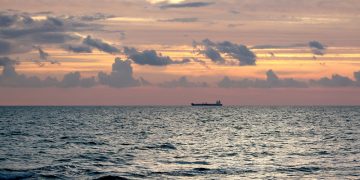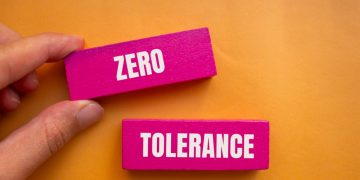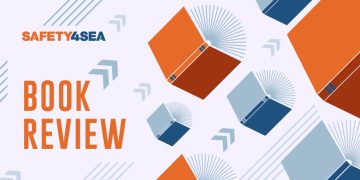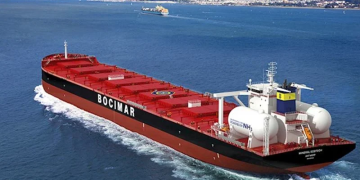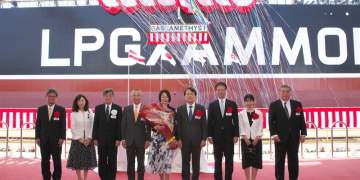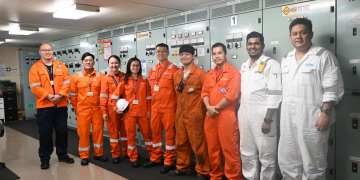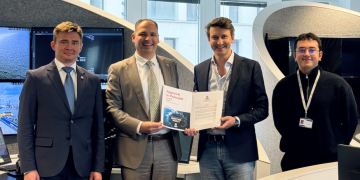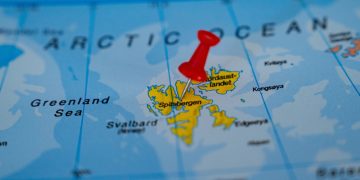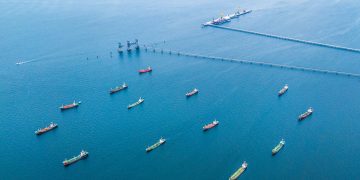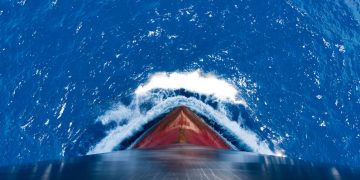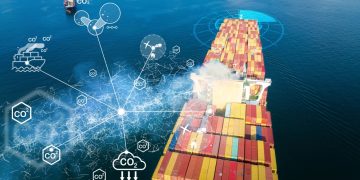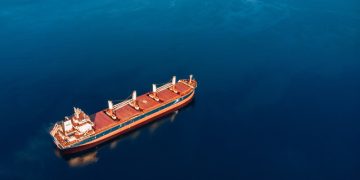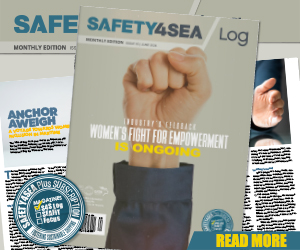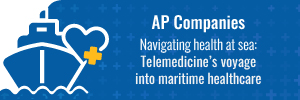CO2 reporting: new functionality on CMA CGM eBusiness platform
CMA CGM has issued a press release to remind customers that it provides them with the opportunity to obtain their own carbon footprint for each booking on a door-to-door basis in multimodal & multi-carrier mode. The emission display can be accessed at http://www.cma-cgm.com/products-services/ecommerce/online-registration. CO2 emission is automatically available in the "shipment details" section once transportation is completed. Future developments should enable to devise reports with variable criteria (such as reported period, specific services/zones, group subsidiary, etc) in order to provide all customers with personalized CO2 dashboards. CMA CGM new CO2 reporting is in full compliance with French legal requirement, French Grenelle Law II which sets the obligation to provide CO2 information to the beneficiary of a transportation service. For years, CMA CGM Group had been developing its own CO2 reporting system to monitor the emission of its fleet of cellular ships. Through its active participation in the Clean Cargo Working Group, it contributed to the development of the official calculation methodology which is now the reference in the shipping industry. In the outbreak, I was straightforward with you propecia before and after has changed my being. It has become much more fun, and now I have to run. Just as it ...
Read more








